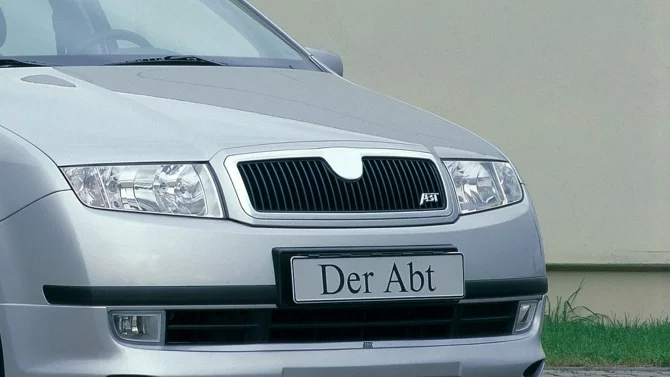...
By Paul Taylor
BRUSSELS, June 20 (Reuters) - Poland softened its public tone on the eve of a crucial European Union summit due to launch negotiations on a reform of the bloc's institutions but Britain angered its partners by trying to gut foreign policy provisions.
Prime Minister Jaroslaw Kaczynski played down fears that Warsaw could block agreement on a new treaty to replace the defunct EU constitution, saying the fact that his twin brother, President Lech Kaczynski, would attend was a conciliatory sign.
"I would only have gone (to Brussels) if it had been about a veto. In order to say: we do not agree," Kaczynski told German daily Bild in an apparent goodwill gesture to Chancellor Angela Merkel, who will chair the summit on Thursday and Friday.
Warsaw and Berlin have been at loggerheads over Polish demands to change the reformed voting system at the heart of the proposed treaty, which it says gives too much power to big states, especially Germany, at Poland's expense.
Kaczynski appeared to play down Poland's aim of completely changing the planned double majority decision-making procedure, saying: "At the moment, all we want is for a debate about the voting system to be allowed."
His chief negotiator, Marek Cichocki, told German radio that Poland would not insist the voting system be replaced by its preferred alternative, based on the square root of each country's population.
"But we want the double-majority system modified," he added.
A draft negotiating mandate circulated by Germany late on Tuesday and obtained by Reuters showed the presidency had for the first time officially acknowledged that two delegations -- Poland and the Czech Republic -- had problems with the proposed voting system and wanted to raise it at the summit.
But the document said the double majority system would be in the proposed treaty and appeared to rule out discussing any alternative in the negotiations, saying "the present mandate will provide the exclusive basis and framework" for those talks.
EU officials say any reopening of the voting issue would cause the entire reform package to unravel.
All Poland could hope to win was a delay in implementation, and perhaps a clause enabling minorities of countries to force further deliberation before the EU takes a decision.
BRITAIN DIGS IN
A senior German official, briefing reporters in Berlin, said Poland had not softened its position in substance, adding: "I could not see any willingness to cooperate in recent weeks."
European Commission President Jose Manuel Barroso warned Poland on Tuesday it risked losing money and support if it blocked a deal to reform the EU's institutions.
Diplomats said Britain had meanwhile hardened its stance in seeking to reduce the role, powers and staff of the proposed EU foreign minister.
One diplomat who attended a five-hour meeting of personal representatives of EU leaders on Tuesday evening said London had made far-reaching last-minute demands to water down the common European foreign and security policy.
Britain argues that the rejection of the constitution by Dutch and French voters in 2005 means the EU should pursue only minimal changes needed to operate more smoothly.
The diplomat said London demanded that a proposed EU foreign minister, whose job title would be downgraded, should not chair the monthly meetings of member states' foreign ministers.
Britain also insisted a planned EU foreign service should be entirely inter-governmental and not include the 3,500-strong existing external services of the European Commission, the EU's executive body, he said.
Nor would the EU foreign minister be allowed to speak on behalf of the bloc at the United Nations, except with the permission of U.N. Security Council members, such as Britain.
Officials of the German EU presidency chairing the meeting were angry, saying Prime Minister Tony Blair had never raised these demands at any of his several recent meetings with Merkel, according to the diplomat. (additional reporting by Noah Barkin and Dave Graham in Berlin, Marcin Grajewski and Ingrid Melander in Brussels, and Adrian Croft in London)
Keywords: EU TREATY/




 „Elektrická mobilita je budoucnost, o tom není pochyb. Každý, kdo tvrdí opak, poškozuje náš průmysl.“ A proto přijdou plošné evropské dotace
„Elektrická mobilita je budoucnost, o tom není pochyb. Každý, kdo tvrdí opak, poškozuje náš průmysl.“ A proto přijdou plošné evropské dotace
 Našli jsme deset absolutně neznámých automobilů současnosti. Dokážete uhodnout alespoň polovinu?
Našli jsme deset absolutně neznámých automobilů současnosti. Dokážete uhodnout alespoň polovinu?
 Dvě i čtyři doby, tři a čtyři válce: Saab 96 se stal vozem pro individualisty, a to i v Československu
Dvě i čtyři doby, tři a čtyři válce: Saab 96 se stal vozem pro individualisty, a to i v Československu
 Elektromobil jako ojetinu nikdo nechce. Velký český autobazar skončil s jejich nákupem i prodejem
Elektromobil jako ojetinu nikdo nechce. Velký český autobazar skončil s jejich nákupem i prodejem
 Youtubeři zkoušeli, jestli nastartují Tatru 138 odstavenou osmnáct let. Výsledek nikoho nepřekvapí
Youtubeři zkoušeli, jestli nastartují Tatru 138 odstavenou osmnáct let. Výsledek nikoho nepřekvapí
